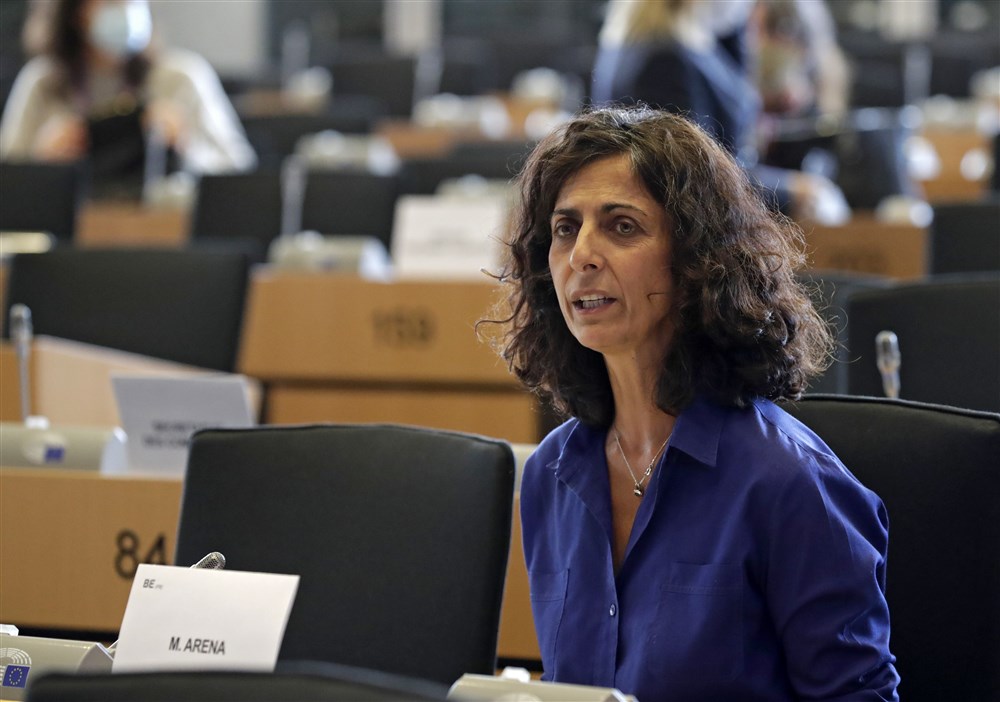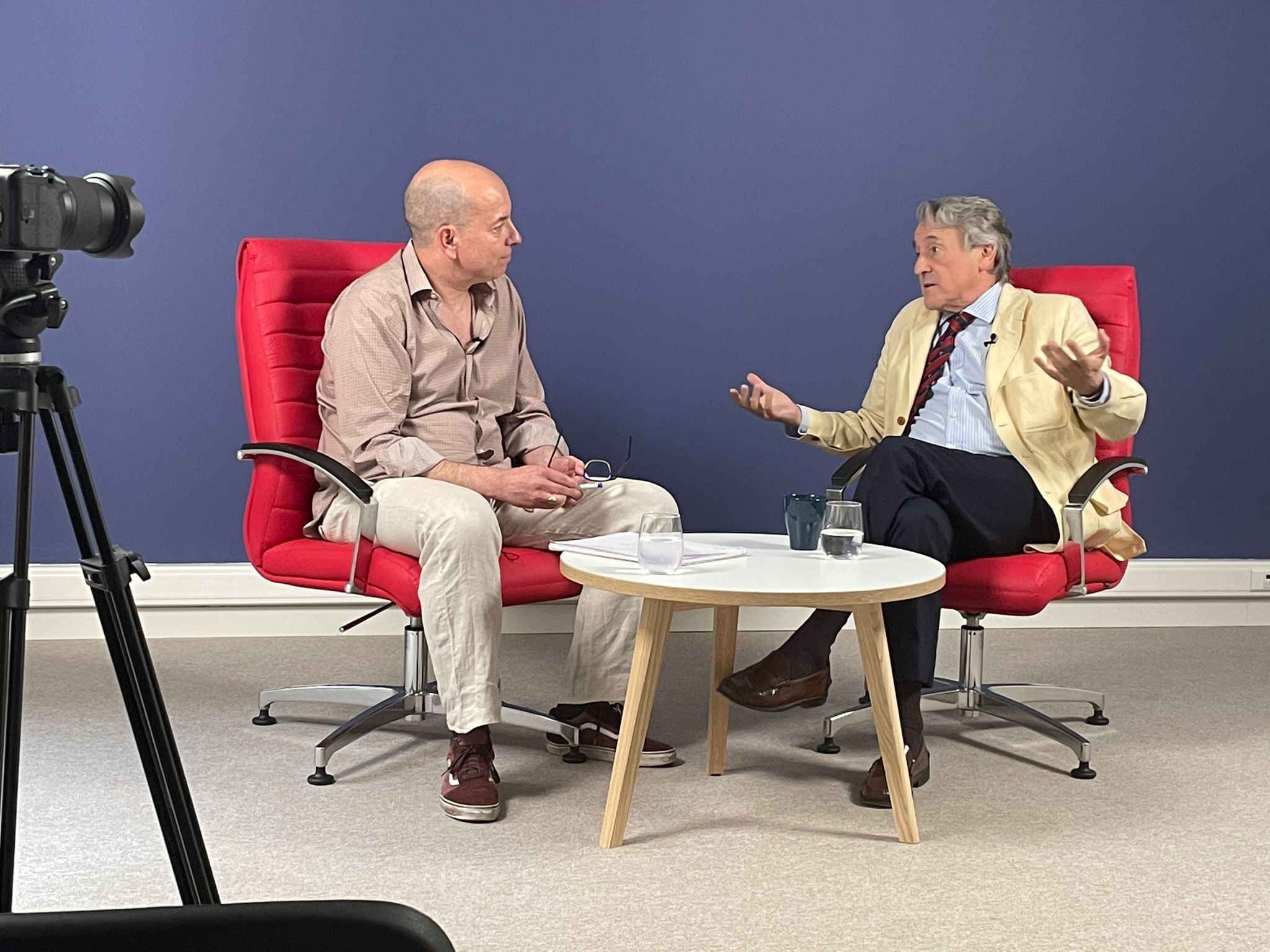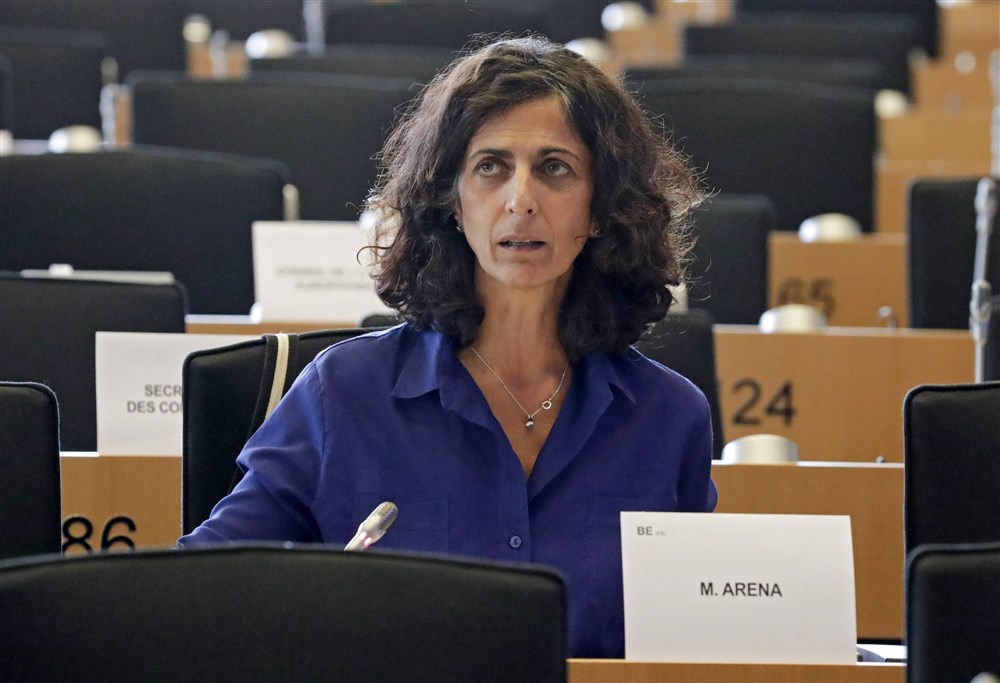European Commission President Ursula von der Leyen wanted a pool of journalists to travel around with her wherever she goes, in the style of US President Joe Biden, but the Brussels-based press association has declined her request, partly because she’s too boring.
Von der Leyen approached the Brussels-based International Press Association (IPA) with the aim of establishing a privileged group of reporters who would travel with her across Europe and beyond.
Von der Leyen’s press chief Eric Mamer met with the IPA, which represents around half of the 800-strong Brussels press corps. He asked the association “to organise pools of journalists for travel with Commission President von der Leyen”, the IPA reported in its minutes.
The response was a flat rejection. IPA president Katalin Halmai “explained that the [association’s] Council discussed this extensively and concluded that the IPA is neither able nor willing to take on this task”, the minutes of the meeting read. After consulting its members, press corps representatives found they could “see no way to agree on a pool system”.
Among reasons her request was denied was the feeling von der Leyen was just not engaging enough to attract her own press pool. “Her press handlers always ensure she talks in the most diplomatic language and that’s not really interesting if you’re looking for stories,” said one API source.
Another problem cited was cost. “The Commission didn’t put any money on the table and some of the journalists, particularly from the small Member States, wondered if they could afford to take two or three days off to travel around with her,” said the source.
Some of the European Union’s smaller countries have only one or two Brussels-based journalists to cover all EU business. Choosing who would go was also likely to trigger jealousy among reporters, it was said.
Another issue was language. “We presumed that the working language would be English, but that’s not an easy issue either,” the IPA source said.
Some francophone journalists insist on working in French when contacting the EC, as is their right. But many Brussels-based journalists do not use French, meaning real-time interpretation would be needed – a tricky requirement on board planes or trains.
The IPA concluded that creating a travelling pool would be too much of a headache and told the EC that if it wanted such a pool, it would have to form its own.




